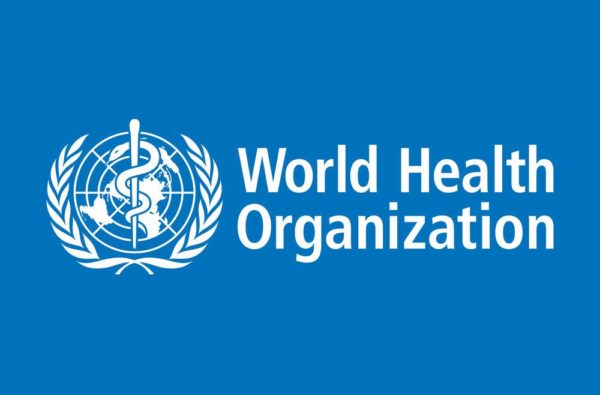 The World Health Organisation (WHO) on Wednesday said that it was pushing for higher taxes and prices on tobacco to reduce its consumption in Africa.
The World Health Organisation (WHO) on Wednesday said that it was pushing for higher taxes and prices on tobacco to reduce its consumption in Africa.
The WHO country Representative in Rwanda, Olushayo Olu, announced the plan at a meeting on tobacco taxation.
He said that serious tobacco control measures were needed now in Africa to prevent the growing consumption of the product.
He said that tobacco products caused a lot of deaths globally, adding that Africa was grappling with high tobacco consumption unlike before when it was experienced in developed countries.
Africa represents 70% of tobacco production and consumption, Olu said.
“Tobacco kills over six million people every year globally, meaning we have to take serious action. It has been proven that increasing tobacco prices and taxes is one of the cost effective interventions to reduce tobacco use and reducing tobacco consumption,” he said.
In Rwanda, adult smoking prevalence stands at 13% according to the latest Non-Communicable Diseases Risk Factor Survey.
The total sale of cigarettes in Rwanda in 2014 was 46.5 million packs, 71.5%of which was imported.
Emmanuel Nkurunziza, the head of Taxation Department in Rwanda’s Ministry of Finance, said pushing through tax raise on tobacco products could impact on its consumption.
He cited studies indicating that increasing tobacco prices by 10 per cent could reduce consumption by eight per cent in low and middle income countries.
He, however, called for more sensitisation to complement other policy measures.
WHO said that it raised the awareness on the role of tax and price measures in meeting public health objectives, while improving the understanding of the development of effective tobacco tax policies.
The conference attracted over 50 participants from Tanzania, Uganda, Ivory Coast, Gambia, Equatorial Guinea, Ethiopia, Gabon, Kenya, Liberia, Madagascar, and Sierra Leone.
Participants shared best practices from model countries on effective tobacco tax policies and explored specific challenges to tax policy.
No comments:
Post a Comment